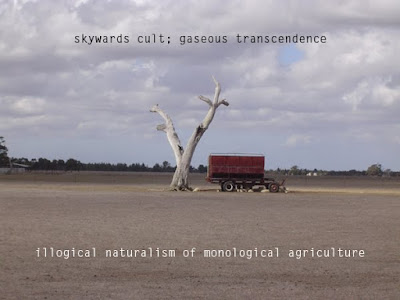Carless in the country
Saturday, December 25, 2010
Three years ago we gave up supermarket food. Two years ago we took down the kitchen clock. A year ago we gave up air travel. And, this week we sold our car.
We have spent money on cleaning it and having it “worthy” of the road. We’re a little tense as it’s raining and one of us, eight years old, is not so aware or interested in the effects of the mud on his shoes on the upholstery. We still have some petrol in the tank. It will be enough for the journey. It’s been a year since we made the decision and we have rehearsed being carless all through the winter recording each kilometre travelled, each litre expended, and the extent to which our participation in global resource wars disables our reembodiment, our relocalisation, our humanity. And now, we’re at this point, at this significant milestone of our transition, ready to drive for the last time from the town with very little public transport to the city dripping in it, where the young guy who works for the Armed Services Credit Union, will unironically hand us a cheque which we will in turn cash in at the bicycle store. (from a letter to a Hamish Morgan, Dec 2010)

Yesterday we headed to Melbourne on foot, bus and train to collect our new long-tail cargo bikes. We had our helmets with us so we thought we'd give the Bike Share a go en route to the bike shop.On the way we checked out some spontaneous urban natural history.
Then the exciting moment... Our new bikes and a tourist-like snap in the city by a passer-by.

And rode 30km from Ballan to Daylesford. We sang and screamed for joy at the immense sense of freedom. Cars and trucks belted past, some only a foot or two away from collecting us.
We both have front baskets to take Zero, the family's Jack Russell, and Zephyr, our awesome eight year old, has new panniers and a pack rack on his ten speed racer. Stay tuned, probably on the Artist as Family blog, for bike camping/touring adventures and, more generally, a family's everyday refusal to participate in the chronic abusiveness of the dominant culture and its industrial military complex.

























































